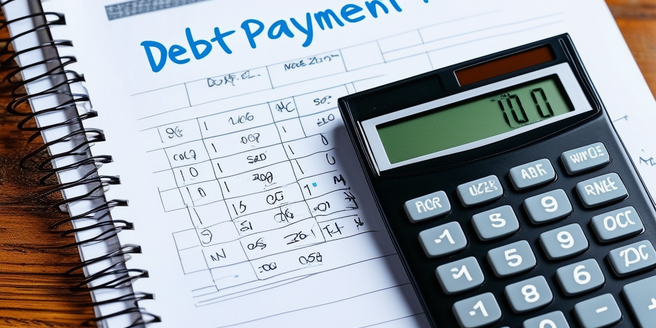Understanding Debt Consolidation
Debt consolidation is a financial strategy aimed at helping individuals manage their debt more effectively. By combining multiple debts into a single, more manageable loan, individuals can potentially secure lower interest rates and reduce the number of payments they must track each month. This approach can simplify finances by consolidating different forms of debt such as credit cards, personal loans, and medical bills. It’s important to understand the terms and conditions of the consolidated loan to ensure that it’s a favorable move. Moreover, debt consolidation may not be the best option for everyone, so it’s critical to evaluate one’s financial situation comprehensively. Being informed and consulting with financial advisors can provide the necessary insight to make a responsible decision when considering debt consolidation.
Challenges of Bad Credit Loans
Obtaining a loan with bad credit can often be challenging due to the higher perceived risk by lenders. Individuals with poor credit scores typically face higher interest rates, more stringent repayment terms, and lower approval odds. The lack of creditworthiness can make it difficult to secure loans from traditional financial institutions, forcing many to consider alternative lenders who might offer less favorable terms. It’s crucial for borrowers to be cautious when navigating this landscape, as higher costs can often exacerbate their financial struggles. Understanding these challenges is the first step in preparing oneself before applying for a loan. Exploring options like seeking a co-signer, improving credit scores, or even negotiating terms can help ease some of the burdens associated with bad credit loans.
Benefits of Consolidating Debt
Consolidating debt offers several notable benefits which can make it an attractive option for many struggling with multiple debts. One of the primary advantages is the potential for lower interest rates, which can significantly reduce the total amount paid over time. Simplifying monthly payments into a singular installment can also make budgeting easier and reduce the likelihood of missing payments. Additionally, having a consolidated loan might improve one’s credit score in the long run due to more efficient management of debt obligations. This streamlined financial approach provides not just peace of mind, but also a structured pathway towards debt elimination. Those considering debt consolidation should ensure they fully understand all terms and conditions, and ideally consult financial professionals to tailor a strategy best suited for their personal situation.
Finding the Right Lender
Finding the right lender is critical when considering debt consolidation, particularly for those with bad credit. It involves researching and comparing lenders both online and offline to ensure trustworthy and favorable terms are made available. Establishing credibility through reviews and ratings, as well as personally engaging with lender representatives, can provide insight into their reliability. Borrowers should evaluate interest rates, repayment periods, and any hidden fees that may impact the overall cost of the loan. Transparent communication between borrower and lender can often lead to more tailored solutions. Furthermore, seeking advice from financial advisors may help unearth lesser-known opportunities or lenders that meet specific needs. With careful consideration and due diligence, finding the right lender can lay the foundation for successful debt consolidation.
Steps to Improve Your Credit Score
Improving your credit score is a critical step toward achieving better loan terms and managing debt more efficiently. One of the first steps is checking your credit report for errors, as inaccuracies can negatively affect your score. Paying bills on time and reducing credit card balances to below 30% of the credit limit often positively influences your score. Responsible management of existing credit accounts and steering clear of new debt are essential practices to adopt. Additionally, becoming an authorized user on a responsible person’s credit account can also help boost your score. It can be beneficial to maintain a varied credit mix, such as installment loans and revolving credit, to show your ability to manage different types of credit. Regular monitoring of your score is important for staying on track and making adjustments as needed.


